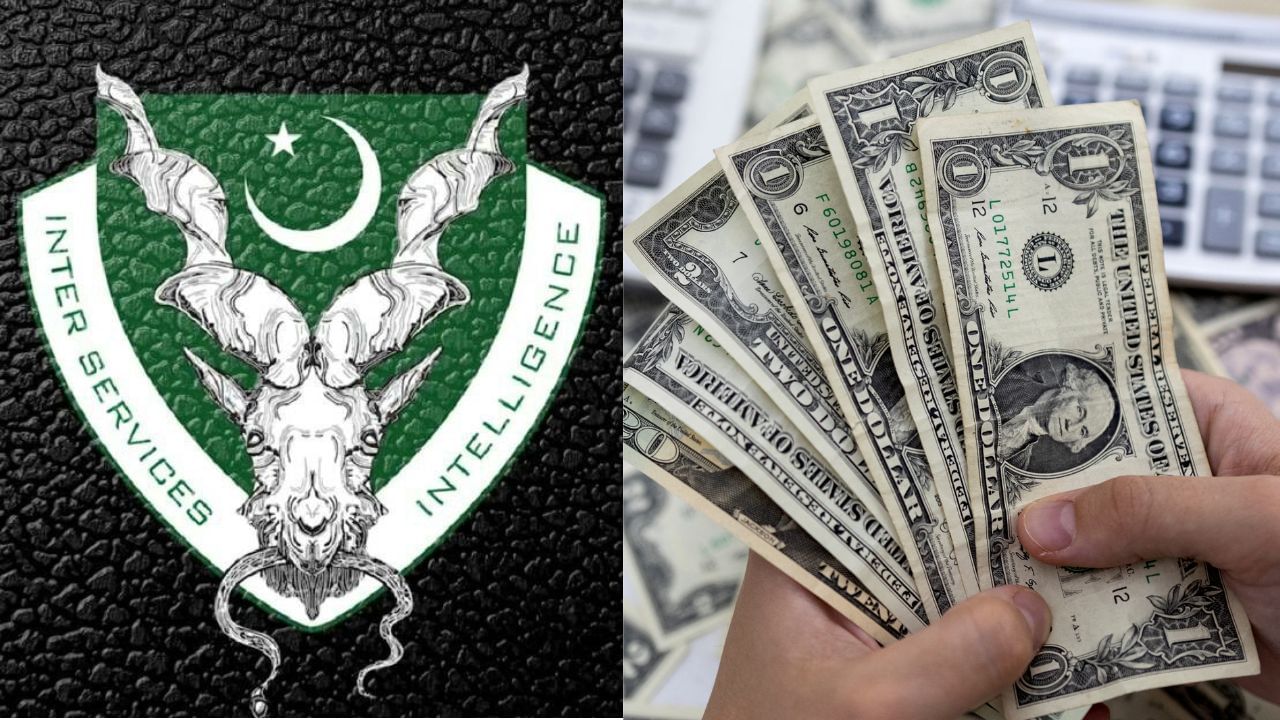Pakistan’s detective agency ISI has taken big action for the second time in the last two years in Karachi. Which has a big connection with the dollar. The Foreign Currency Association of the country on Thursday quoted the Reuters as saying that a major ISI official met the currency exchange companies amidst a huge decline in the Pakistani rupee this week. After which a big action was taken on the dollar black marketing. It is clear that how much the Pakistani Army intervened about the country’s economy, before this, in 2023, the army had taken a similar step, which had stopped the huge decline in the currency earlier.
ISI’s big action
According to the currency dealers, the rupee is under pressure again due to dollar hoarding, border smuggling and banking restrictions, which has increased demand from unruly dealers who are offering fast or better rates. According to Malik Muhammad Bostan, President of the Exchange Companies Association of Pakistan, Major General Faiser, head of the Army’s ISI’s Internal Security Branch, held a meeting with the currency exchange companies this week.
He said that after the meeting, security forces, including the Federal Investigation Agency (a Civil Protection Agency), started targeting illegal currency dealers, many of which later became underground. Bostan said that after the intervention, the Pakistani rupee has seen a rise of one rupee in the open market. He credited this for this campaign of ISI and the increase in dollar supply in the market.
Why did the dollar black marketing start?
Bostan said that during the tension with India earlier this year, the border control with Iran and Afghanistan was tightened, which led to the control of illegal currency flows. Later, there is pressure in formal supply due to the relaxation of the Central Bank and the dollar for the increase in the store. Under Pakistan’s $ 7 billion program with IMF, authorities have resolved to keep the difference between inter-banks and open market rates within 1.25 per cent to prevent remedies-which is important to maintain foreign currency levels-from transfer to informal channels and reducing the reserve.
